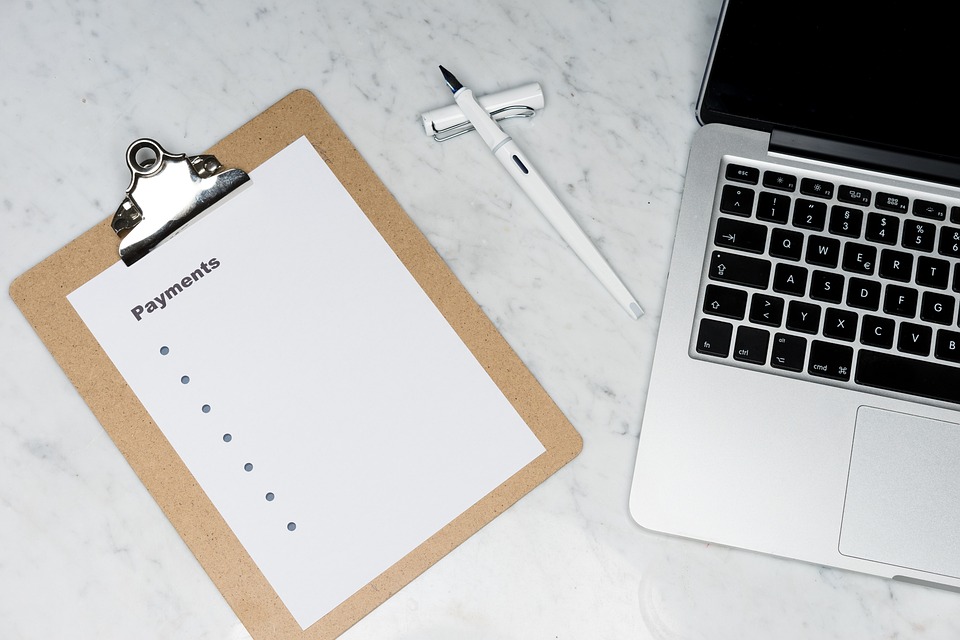Divorce is not only emotionally difficult, but it can also be financially challenging. One of the most significant financial aspects of divorce is the division of debts between the parties. In the UK, divorce proceedings require the division of assets, including any debts incurred during the marriage. However, understanding debt division in divorce cases can be complex, especially if the debts are joint or held in one party’s name.
This article will provide an overview of debt division in UK divorce cases and discuss the importance of protecting your finances during and after a divorce.
Division of Debt During a Divorce
In the UK, debt division is typically included in the financial settlement agreement between the divorcing couple. The agreement outlines how their assets and debts will be divided. If an agreement can’t be reached, a court may be required to make a decision.
Debt division is usually determined based on the following factors:
- Who incurred the debt? If one spouse incurred the debt in their name, they may be solely responsible for paying it off. However, if the debt was incurred jointly, both spouses may be responsible for paying it off.
- Purpose of the debt: The debt’s purpose may also be considered. For example, if the debt was incurred to benefit the family, such as for home improvements, both spouses may be responsible for paying it off.
- Ability to pay: Each spouse’s ability to pay off the debt may also be considered. A spouse with a significantly higher income may be required to take on a larger portion of the debt.
- Length of the marriage: The length of the marriage may also be a factor in debt division. If the debt was incurred before the marriage, it might be considered separate property and not subject to division.
Mutual Debt Payments after a Divorce
If both spouses are responsible for a debt, they must make payments as agreed. However, in some cases, the debt may not be paid off by the time of the divorce. In this situation, both parties may be responsible for making payments on the debt after the divorce.
It’s important to ensure both parties understand their obligations and make timely payments to avoid damaging their credit scores.
What Happens If Ex-Partner Refuses to Pay?
If one spouse refuses to pay their portion of a joint debt, it can cause significant financial problems for the other spouse. In this situation, the spouse not responsible for the debt may have legal options, such as seeking a court order to enforce the financial settlement agreement. It’s significant to speak with a family law solicitor to understand your options if your ex-partner refuses to pay their portion of a joint debt.
Keeping Your Finances Protected After a Divorce
Divorce can significantly impact your finances, so you must take steps to protect them. This may include:
- Closing joint accounts: If you have joint accounts with your ex-partner, closing them is important to avoid further financial entanglement.
- Monitoring your credit report: Keeping an eye on your credit report can help you identify any outstanding debts or issues with your credit score.
- Creating a budget: Creating a budget can help you manage your finances and ensure that you’re not overspending.
Credit Reports and Divorce
Another important aspect of debt division in divorce cases is the impact on credit reports. If you have joint accounts or debts with your spouse, it’s important to monitor your credit report to ensure that any debts are being paid off as agreed. If your spouse fails to pay joint debts, it can negatively impact your credit score and financial future.
Final Thoughts
Dividing debts during a divorce can be a complicated and contentious process. Understanding your obligations and protecting your finances can help ensure you’re not left with an unfair burden. Seek the advice of a financial advisor or family law solicitor to ensure that you’re making informed decisions about your financial future.


